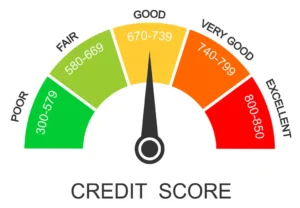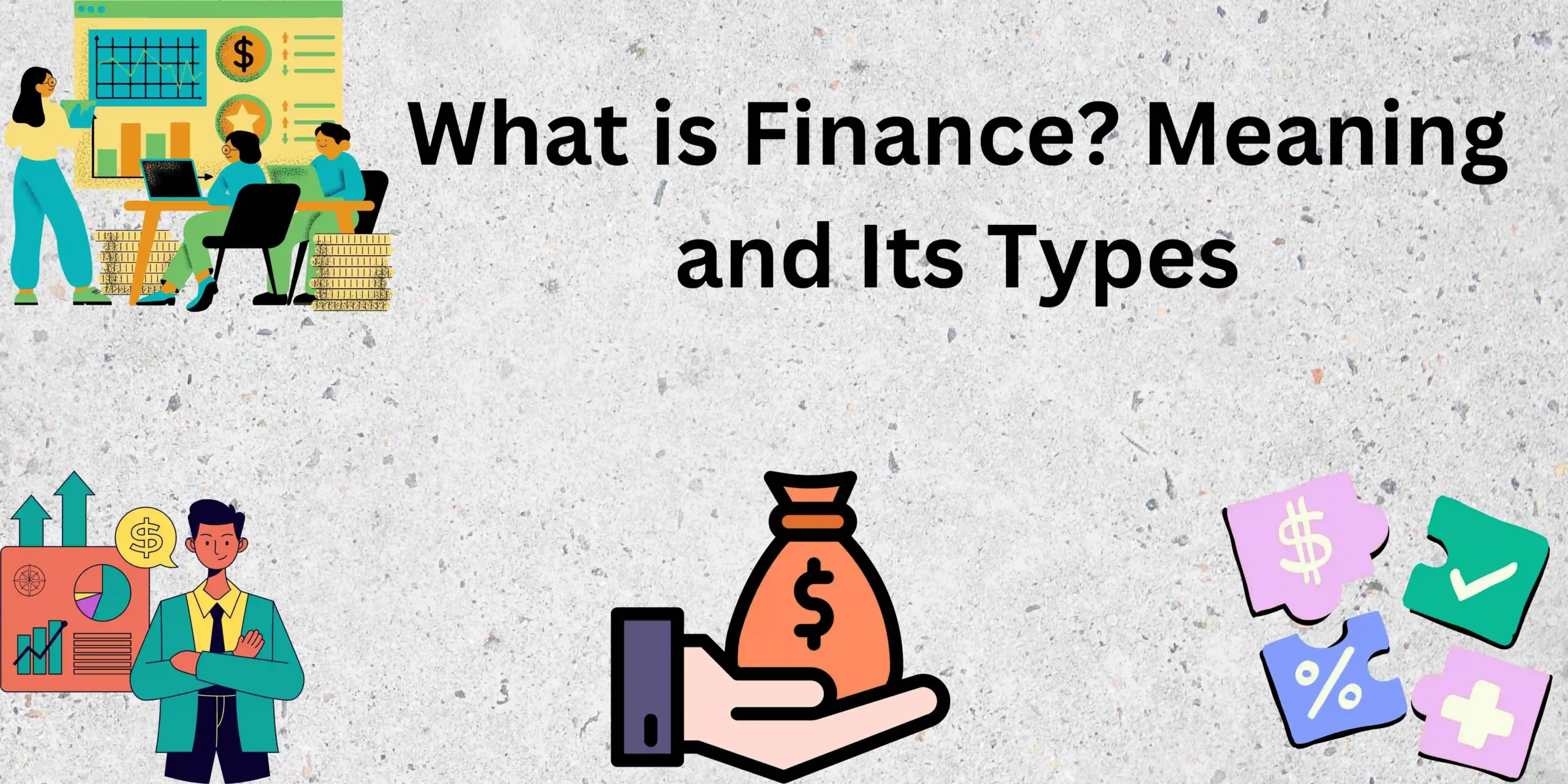Cracking the Code in 2025: Deciphering Credit Scores for the Millennial Generation
Managing personal finances can be a daunting task, particularly for millennials who are often navigating a complex and challenging economic landscape. Many individuals in this generation are burdened with substantial student loan debt, face an unpredictable and rapidly evolving job market, and simultaneously strive to achieve important life goals such as purchasing a home, starting a family, or building long-term financial security.
In this context, understanding the fundamentals of credit scores has become more important than ever before. A credit score is not just a number—it is a reflection of your financial reliability and plays a significant role in determining your access to loans, credit cards, housing, and even job opportunities. Unfortunately, many young adults lack clear information about how credit scores work, what factors influence them, and the steps they can take to improve or maintain a healthy score.
This comprehensive guide is specifically designed to help millennials gain a clear and practical understanding of credit scores. It will explain in simple terms what a credit score is, why it holds such weight in today’s financial world, and how it can impact various aspects of your life. Most importantly, it will provide actionable advice and tips on how to build strong credit habits, repair a low score, and make informed financial decisions that support long-term stability and success.
What is a Credit Score?

A credit score is a three-digit number that represents your creditworthiness—that is, how reliable and responsible you are when it comes to repaying borrowed money. This score is an essential part of your financial profile and is used by lenders, landlords, and even some employers to assess the level of risk they take when offering you credit, housing, or employment. Credit scores typically range from 300 to 850, with a higher score indicating a lower risk to lenders. In general, the closer your score is to 850, the more favorably you’ll be viewed by financial institutions.
Your credit score is determined by analyzing a variety of factors that together paint a picture of your financial behavior. These include:
- Payment History: This is one of the most critical components of your credit score. It reflects how consistently you’ve made payments on your credit accounts in the past. Late payments, missed payments, and defaults can negatively impact your score, while a strong history of on-time payments will help raise it.
- Amounts Owed: Also referred to as your credit utilization, this factor considers how much of your available credit you are currently using. If you regularly max out your credit cards or carry high balances relative to your credit limits, your score may be negatively affected. Ideally, you should aim to use less than 30% of your total available credit.
- Length of Credit History: This evaluates how long your credit accounts have been open, with a longer history generally being better. It gives lenders a clearer view of your financial behavior over time. Even if you don’t use an older credit card often, keeping the account open can benefit your score.
- New Credit: This refers to recent applications for new credit accounts and the number of recent inquiries into your credit report. Opening several new accounts in a short period can be seen as risky behavior and may lower your score temporarily.
- Types of Credit Used: This factor looks at the variety of credit accounts you have, such as credit cards, mortgages, student loans, and auto loans. A healthy mix of different types of credit can show that you are capable of managing multiple financial responsibilities responsibly.
In short, a higher credit score generally leads to better loan terms and lower interest rates.
Why Are Credit Scores Important?
Many millennials tend to underestimate the true significance of maintaining a strong credit score, often viewing it as just another number with limited impact. However, a good credit score plays a critical role in various aspects of adult life and can significantly influence both financial opportunities and overall stability. Understanding just how far-reaching the effects of your credit score can be is an essential step toward making smarter financial decisions. Below are several key reasons why having a strong credit score is more important than many people realize:
- Loan Applications
Whether you’re looking to finance a new car, take out a personal loan, or secure a mortgage for a home, your credit score is one of the most important factors that lenders consider. It gives them insight into how trustworthy and financially responsible you are. A higher credit score not only increases your chances of approval but also qualifies you for more favorable loan terms, including lower interest rates. For example, a borrower with a credit score above 740 may receive a much lower interest rate than someone with a score of 620. This difference can translate into thousands of dollars in savings—on a $250,000 mortgage, it could mean saving approximately $3,000 or more in interest over the life of the loan. - Renting a Home
Securing a rental property isn’t just about income and references—your credit score is often a deciding factor. Most landlords run a credit check as part of the rental application process to assess whether you’re likely to pay rent on time. A low score can limit your housing options, make it harder to get approved for a desirable unit, or result in the requirement of a higher security deposit to reduce the perceived risk. On the other hand, a strong credit score can simplify the rental process and increase your chances of landing a better place at a better rate. - Insurance Premiums
It might come as a surprise, but your credit score can also affect how much you pay for insurance—particularly for auto and homeowner policies. Many insurance companies use credit-based insurance scores to help determine risk levels. Statistically, individuals with lower credit scores are seen as more likely to file claims, so insurers often charge them higher premiums. In some cases, people with poor credit may pay up to 60% more than those with excellent credit for the same level of coverage. Improving your credit score can help you qualify for lower insurance rates and reduce your monthly expenses. - Job Applications
Your credit score can even influence your career path. In certain industries—especially finance, government, and roles that involve handling money or sensitive information—employers may conduct a credit check as part of the hiring process. A poor credit history could be perceived as a sign of unreliability or financial irresponsibility, potentially affecting your chances of getting hired. In fact, studies indicate that around 30% of employers include credit checks in their background screening for specific positions. Maintaining a good credit score can therefore enhance your professional image and improve your employment prospects.
Grasping these realities can inspire millennials to prioritize their credit scores.
The Components of a Credit Score
Credit scores are calculated using algorithms from credit bureaus like FICO and VantageScore. While methods vary, the factors contributing to your score are generally consistent:
1. Payment History (35%)
This is the most influential factor on your score. Consistent on-time payments, such as paying credit card bills or loan installments, will help boost your score. For example, missing a payment can lower your score by as much as 100 points.
2. Amounts Owed (30%)
This refers to your credit utilization ratio, where it’s recommended to keep your utilization below 30%. If you have a $10,000 limit, aim to keep your balance below $3,000. High balances can make you appear financially unstable to lenders.
3. Length of Credit History (15%)
A longer credit history can be beneficial, offering lenders more insight into your financial behavior. For example, having a credit card account open for ten years can improve your score significantly relative to having one that’s only been active for a year.
4. New Credit (10%)
Introducing new credit accounts generates inquiries, which can slightly lower your score. Too many openings in a short span can indicate risk, with each hard inquiry potentially dropping your score by 5 to 10 points.
5. Types of Credit Used (10%)
A mixture of credit types—like credit cards, student loans, and personal loans—can enhance your score. It shows lenders that you can handle different financial responsibilities.
How to Check Your Credit Score
Understanding where you stand starts with checking your credit score. In the U.S., you can get one free credit report annually from each of the three major bureaus: Experian, Equifax, and TransUnion. This can be done at AnnualCreditReport.com.
Many banks and financial services also provide free credit monitoring. Regularly checking your score helps you spot any errors or suspicious activities.
Common Myths About Credit Scores
As you explore credit, you might run into misconceptions that could confuse you. Here are some common myths:
Myth 1: Checking Your Credit Score Hurts It
This is inaccurate. When you check your own score, it counts as a soft inquiry and does not affect your score. In contrast, a hard inquiry from a lender can slightly lower it.
Myth 2: Closing Old Accounts Improves Your Score
Actually, closing old accounts can decrease your credit history length, negatively impacting your score. It’s generally better to keep these accounts open and use them occasionally.
Myth 3: Good Credit is Solely Needed for Buy a House
While having good credit is vital, it’s not the only requirement for a mortgage. Lenders also consider your income, job stability, and overall debt levels.
Tips for Improving Your Credit Score
Improving your credit score takes time, but here are some practical steps millennials can follow:
- Pay Your Bills on Time: This is the foundation of a strong credit score. Setting up automatic payments or reminders can help you stay on track.
- Keep Credit Utilization Low: Aim to use less than 30% of your available credit. For example, if your limit is $10,000, try to keep your balance under $3,000.
- Diversify Your Credit: If you only have credit cards, consider adding a secured credit card or an installment loan. This variety shows lenders you can handle multiple types of credit.
- Monitor Your Credit Report: Regularly check for errors that could harm your score. If you find inaccuracies, dispute them to potentially improve your score.
- Limit New Credit Applications: Apply for new credit only when necessary to avoid multiple inquiries that can reduce your score.
The Role of Credit Reporting Agencies
Credit reporting agencies collect your credit data and generate your credit score. The major players in the U.S. are:
1. Experian
Experian is one of the largest agencies and provides credit reports based on data collected from banks and lenders.
2. Equifax
Equifax compiles consumer credit information and offers services like identity theft protection.
3. TransUnion
Similar to the others, TransUnion provides credit reports and monitoring services.
Each bureau may have slightly different information, leading to score variations. Regularly checking reports from all three can provide a complete picture of your credit health.
Also Read:
How to get started in Personal finance as a beginner?
Best credit card in the USA for Beginners
The Future of Credit Scoring
As technology advances, the credit scoring landscape is evolving. New methods are emerging that include payment histories from non-traditional accounts like rent and utilities. These changes could help those without extensive credit histories.
Millennials should keep an eye on these developments, as they can impact future borrowing opportunities and access to credit.
Understanding credit scores is essential for millennials who want to make smart financial choices. By learning the basics of credit scoring—what factors matter, why they’re important, and how to improve your score—you can set yourself up for financial success.
Being proactive in monitoring your score, fixing errors, and adopting good credit habits can ensure a brighter financial future. A good credit score leads to opportunities—from lower mortgage rates to increased chances for investment.
Educating yourself about credit management is not just helpful; it’s necessary to thrive in today’s financial environment. With this knowledge, you can take charge of your financial future and create a secure path ahead.







